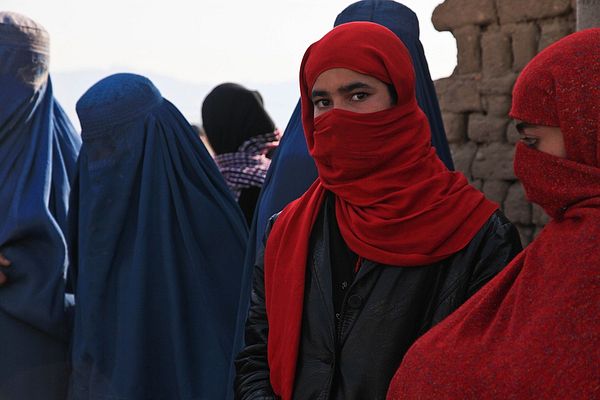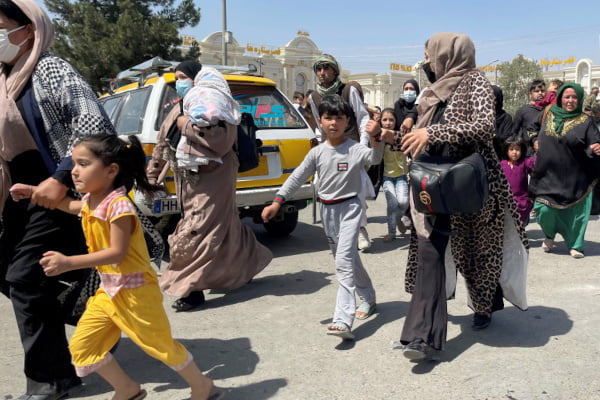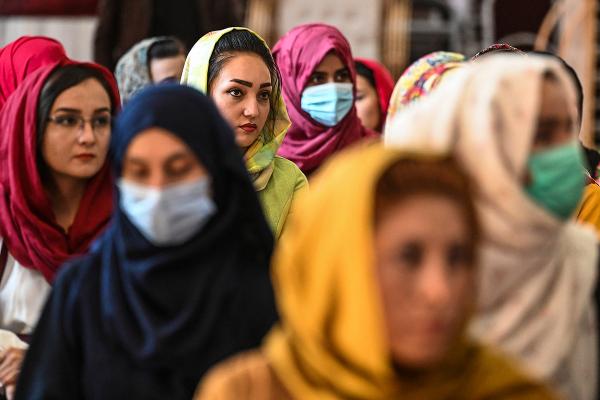Afghanistan: Women and LGBTQ people in fear
Share:

The Taliban have returned to power in Afghanistan after 20 years of war and bloodshed. For them, it is a cause of celebration. However, to many, the beginning of an era of fear.
During the past 20 years of Western occupation, women and LGBTQ+ people have enjoyed relative freedom. Women have been able to go to school, university, enter government and other roles they previously did not have access to. All of these gains will be soon be lost.
Recommended Reading: Afghanistan is our responsibility

Whilst the Taliban have claimed that women will continue to enjoy the same freedoms, this seems to be conditional. Their spokesman has said they will be safe “if” they follow their rules. Considering the Taliban’s stance on women, many do not believe this promise.
Women in Afghanistan are terrified, particularly those in education. Women have been burning diplomas and other incriminating items that may see them arrested or sentenced to death by the Taliban.
Moreover, there have been reports that women and young girls are being taken away from their homes to be entered into forced marriages. It seems the Taliban’s promise that women will be safe was short-lived.

For LGBTQ people, the fear of death has returned. Under the Taliban’s interpretation of Sharia Law, homosexuality is prohibited and punishable by death.
The community is largely underground in Afghanistan, but gay Afghans are still terrified to leave their homes. Several gay Afghans who spoke to Insider anonymously have described being scared of meeting up with their partners and leaving their homes.
They are desperately seeking asylum due to fears that they will be identified as gay and executed.

Hamid Zaher, who was one of the first Afghan men to come out publicly, told Insider that while LGBTQ+ Afghans have always faced risks of violence and imprisonment at the hands of the authorities, those dangers pale in comparison to the brutality and intolerance of the Taliban.
In the chaos of the evacuation of Afghanistan, it is important to remember those who are left behind and how they will suffer under the regime.
